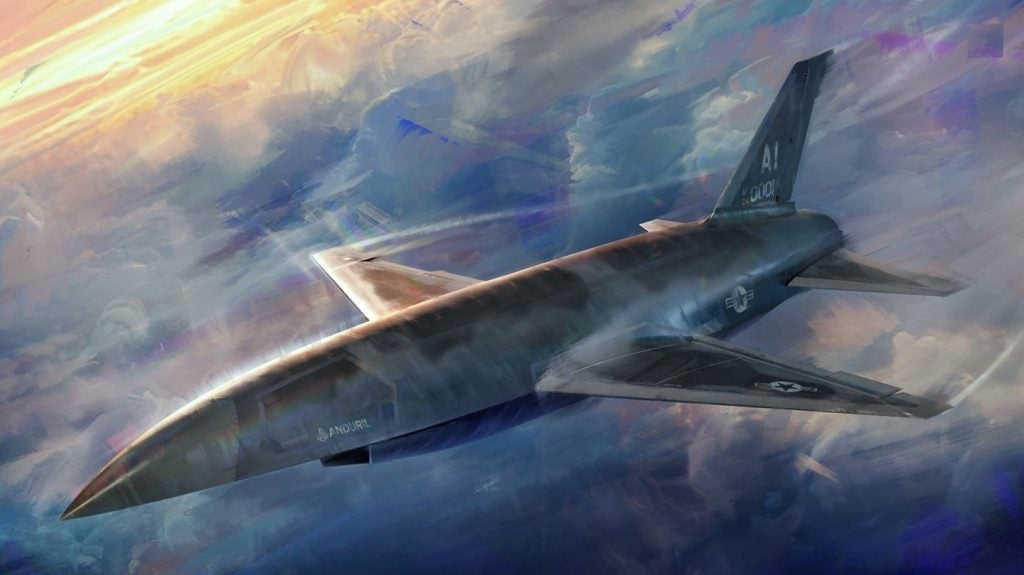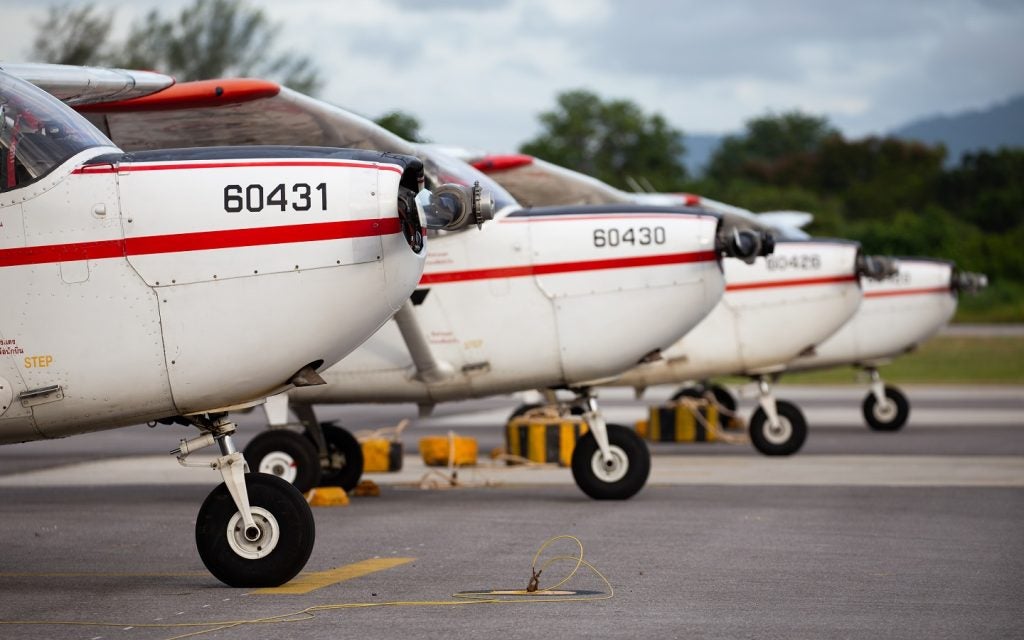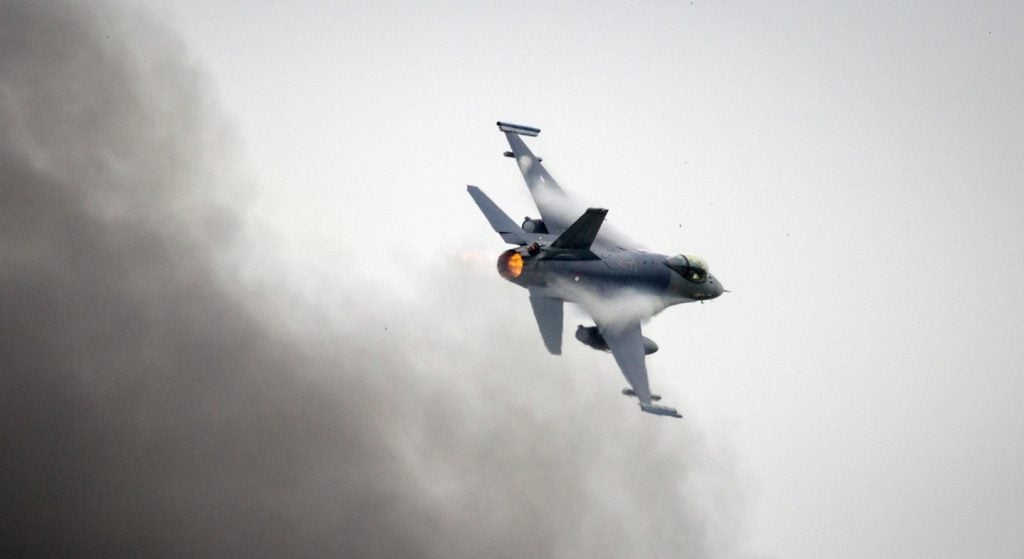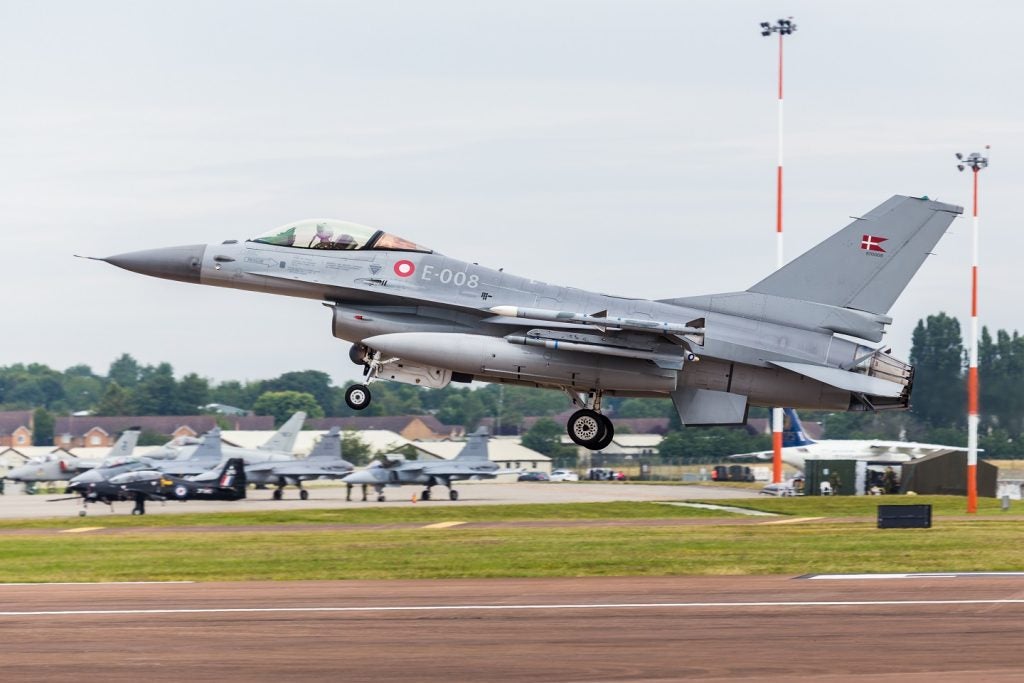US start-up Relativity Space has reached a deal with the US Air Force (USAF) to build and operate its own launch facility at Cape Canaveral Air Force Station in Florida, US.
The company has been granted a statement of capability to build rocket launch facilities at Launch Complex 16 (LC-16) by the 45th Space Wing of the USAF.
The statement of capability allows Relativity to carry out launch operations at Cape Canaveral Air Force Station.
The agreement includes on-site vehicle integration and payload processing, with an option to extend the contract to an exclusive 20-year term.
With the deal, Relativity becomes only the fourth company after SpaceX, ULA, and Blue Origin to have a major operational orbital launch site at Cape Canaveral.
Relativity Space CEO Tim Ellis said: “We are honoured to win this significant support from the USAF and join a select group of private space companies in conducting launches at Cape Canaveral.
How well do you really know your competitors?
Access the most comprehensive Company Profiles on the market, powered by GlobalData. Save hours of research. Gain competitive edge.

Thank you!
Your download email will arrive shortly
Not ready to buy yet? Download a free sample
We are confident about the unique quality of our Company Profiles. However, we want you to make the most beneficial decision for your business, so we offer a free sample that you can download by submitting the below form
By GlobalData“Having the rare path toward an exclusive-use agreement at LC-16 ensures our satellite customers will have access to far more schedule certainty, and enables us to execute more frequent launches.”
Relativity aims to build rockets using fully automated 3D printing technology.
The company noted that LC-16 is capable of supporting its fully 3D-printed rocket Terran 1, as well as future expansions in payload capacity.
As part of the rocket launch facility plans, the company has recruited former senior leadership personnel with experience in launches at Cape Canaveral.
Relativity principal launch engineer Chris Newton said: “With LC-16’s historic and operational legacy of rocket launches and the experienced team we’ve built, we look forward to working with the 45th Space Wing of the USAF to develop a modern launch facility that supports Terran 1 launch operations.”
Relativity intends to undertake its first full orbital launch by the end of next year.







